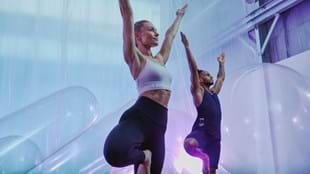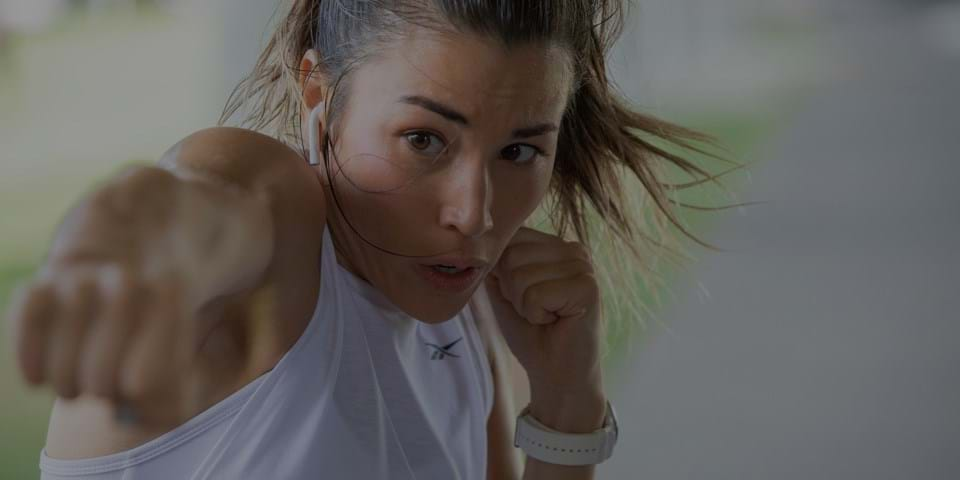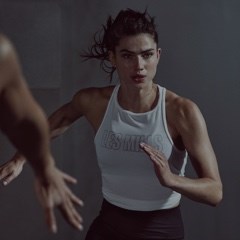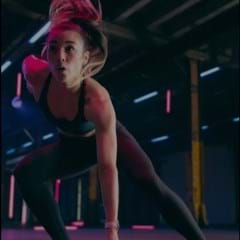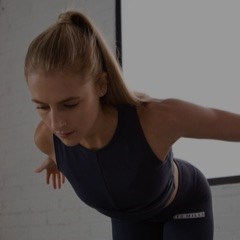The ANS is part of the peripheral nervous system and it’s what drives our involuntary and reflexive physical responses – both our “fight or flight” and our “rest and digest” instincts.
This dynamic control system is divided into two parts; the sympathetic nervous system, which is activated in periods of stress or emergency (fight or flight), and the parasympathetic nervous system which comes into play as we work to save energy (rest and digest).
More than that, the ANS is always on the go, acting behind the scenes to regulate the functions of our internal organs – and the right amount of sleep is crucial to it working well.
Modern watches and fitness trackers can now measure how well our ANS calms down during the early hours of sleep. By processing this data alongside information about your sleep hours and sleep quality the tracker can provide a view of how well we’re getting a ‘nightly recharge’ - how well we’ve recovered from training and other demands of the day.
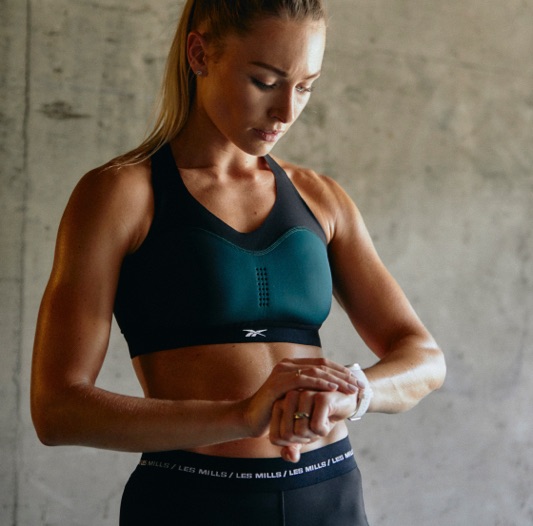
What to do if your ANS recovery is consistently poor …
Kinesiologist Dr Jinger Gottschall says there are many factors that influence recovery and that can be leveraged to increase the nightly recharge. Successive compromised or poor recharge readings suggest we should honestly evaluate our current habits and any recent changes:
- Sleep time: Between 7 and 9 hours each night is ideal.
- Sleep quality: Tracking periods of uninterrupted sleep and time spent in the REM and deep sleep stages can help you recognize whether your sleep is providing restful recovery.
- Alcohol: Sometimes one glass of wine can enhance relaxation, but more can often lead to restless nights, it all depends on your sensitivity to alcohol and your typical drinking behavior.
- Hydration: Think about whether you feel confident about your daily water routine, particularly on days when you are doing lots of physical activity.
- Nutrition: Evaluate if you are you eating enough with the appropriate macro-nutrient ratio and plenty of multi-colored raw foods.
- Caffeine: If you drink caffeine what time of day is your final dose?
- Muscular and/or systemic inflammation: Do you experience increased pain or inflammation after challenging workouts, or when you change your schedule?
- Stress: Remember, any life stressors influence your ability to recover.
Gottschall says it’s important to note that these primary factors are all related and influence each other. “For instance, if you are dehydrated or undernourished your body is releasing stress hormones that reduce recovery.”
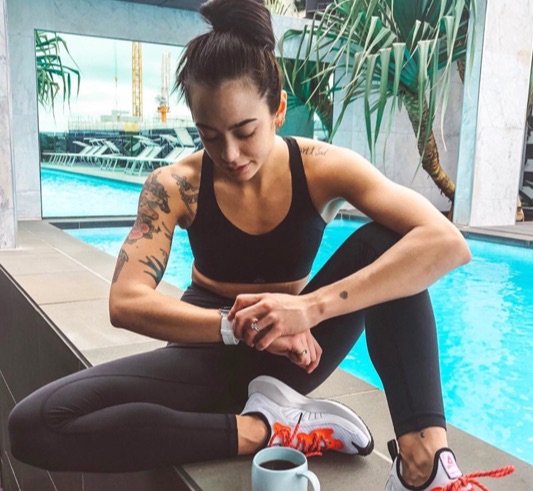
So what should you do if you’re an instructor with four classes to teach that day but your tracker shows your nightly recharge was ‘compromised’ or ‘poor’?
Gottschall says this is when you reduce your intensity and enhance your acting skills. For example, reduce your weights in BODYPUMP™ or CXWORX™ or LES MILLS TONE™, don’t dial up the resistance up in RPM™ or THE TRIP™ or LES MILLS SPRINT™ and if you’re teaching one of Les Mills’ cardio workouts simply complete more sets with reduced impact and lower intensity. You can learn some more tips for how to look after yourself when teaching multiple classes here.
According to Gottschall, one of the best ways to boost recovery and ‘recharge’ your body is with stretches and relaxation. In fact, she’s so sure of the benefits, she’s currently working on a new study that aims to identify how BODYBALANCE/BODYFLOW may improve our ability to recharge and feel ready for the day ahead. “Our hypothesis is that performing a sequence of stretches (20-30 minutes) with subsequent meditation (10 minutes) three nights per week will enhance recovery in addition to induce positive feelings and sleep quality.”
Watch this space, the findings will be published in the coming months.
In the meantime, you can find a BODYBALANCE/BODYFLOW class here or work out On Demand.
Jinger S. Gottschall, Ph.D. earned her doctorate degree in integrative physiology from the University of Colorado at Boulder. She furthered her academic career as a postdoctoral fellow in neurophysiology at the Emory School of Medicine and as an Associate Professor in kinesiology at The Pennsylvania State University. Dr. Gottschall is currently an Adjunct Associate Professor in the Department of Biobehavioral Science at Columbia University. She was also the founder and co-owner of FITOLOGY, a Les Mills group fitness studio. A passionate advocate for physical activity, Dr Gottschall has dedicated her career to finding programs that promote balanced, healthy lifestyle choices while delivering the results they promise.



